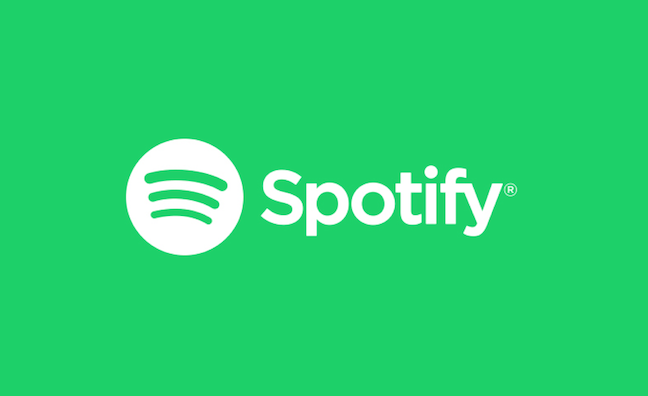Spotify has filed its IPO with the US Securities and Exchange Commission. The filing covers everything from Daniel Ek’s salary and vision for the streaming giant to the company’s valuation, losses and significant backing from a major label. Here, Music Week picks out some of the talking points and revelations…
Spotify is thinking big
Is Wall Street impressed by highfalutin talk from Scandinavian tech dreamers? Spotify obviously thinks so as it has spurned dry financial statements for a letter from Daniel Ek, co-founder, CEO and chairman. He pinpoints his interest in music and technology as being from “the age of four” and describes his realisation that he could create a “new paradigm” for the industry. “Spotify is the manifestation of those dreams,” said Ek.
He added: “People constantly tell me how music has helped them through life’s biggest moments—birth and death, euphoria and heartbreak. At Spotify, we want to enrich, strengthen, and extend those moments and connections. So while some companies rely entirely on data, we take a different approach. We start with human creativity, augment it with our expertise and understanding, and then leverage with the efficiency of algorithms.”
Spotify lost €1.23 billion in 2017 despite revenue of €4.09bn
Spotify will have to get used to revealing more of its financials once it goes public. The filing with the SEC offered Spotify watchers a wealth of information about the performance of the business, including the fact it has made annual losses every year with operating losses widening to €349 million in 2017. The loss before tax was a whopping €1.23 billion. But Amazon has proved that making consistent losses is no barrier to becoming a dominant player in the online market.
Daniel Ek is not paid a salary
That’s right, the founder is paid a base salary of zero, while fellow executive officers earn up to $900,000 – that’s the salary for chief marketing officer Seth Farbman. The small print reveals that Ek receives an annual bonus if he hits certain milestones. While he failed on the gross margin target, Ek did hit targets for 70m premium subscribers and 150m monthly active users (MAUs), so the board decided to award him his $1m bonus anyway. Prior to July 1, 2017, Ek received an annual base salary of $585,366. He personally owns 23.8% of the ordinary shares – so a big valuation would confirm his status as a member of the tech elite…
The streaming giant may be worth $23 billion
Spotify’s filing has got analysts crunching the numbers to come up with a valuation. But that could be anything between $6.3bn to $23bn. The number is hard to pin down because it’s based on Spotify revealing that it’s shares sold for between $37.50 and $125 in private transactions last year. That figure reached $132 this year. If Spotify did hit a market capitalisation at the higher end of the range, it would be one of the bigger tech IPOs. But private investors have tended to overvalue companies in the past. And there are all manner of risk factors in the filing document, including the following warning: “We expect that, in the future, our revenue growth rate may decline because of a variety of factors, including increased competition and the maturation of our business.”
Sony is a significant shareholder
Sony Music Entertainment is listed as one of the principal shareholders, with 5.7% of the ordinary shares (but 1.8% of voting power). Tencent has 7.5% of the ordinary shares and 2.4% of voting power. Between them, Daniel Ek and co-founder Martin Lorentzon have just over 80% of the voting power.
Going for growth
Spotify’s filing says it’s still in the “early stages” of achieving its goal of connecting artists and audiences. The figures show that revenue per subscriber is falling (down 14% from 2016 to 2017) partly due to family and student plans, but the proportion of cancelled subscriptions also dropped. Playlists are driving listening – 31% of all listening is from playlists compared to less than 20% two years ago. It also revealed payments since launch of more than €8bn in royalties to artists, music labels, and publishers.
Plans for the growth strategy include heavy R&D investment, further penetration into existing markets, expansion into new territories and building the advertising business. Spotify is also looking to expand non-music content such as podcasts and its initiatives for artists to connect more directly with fans.












